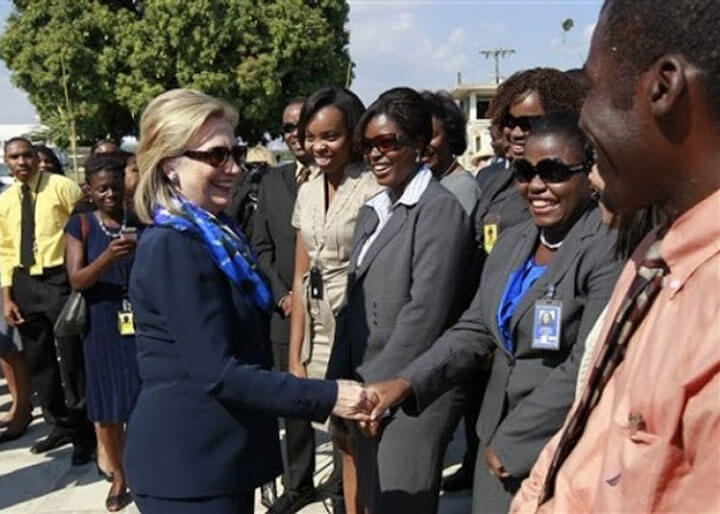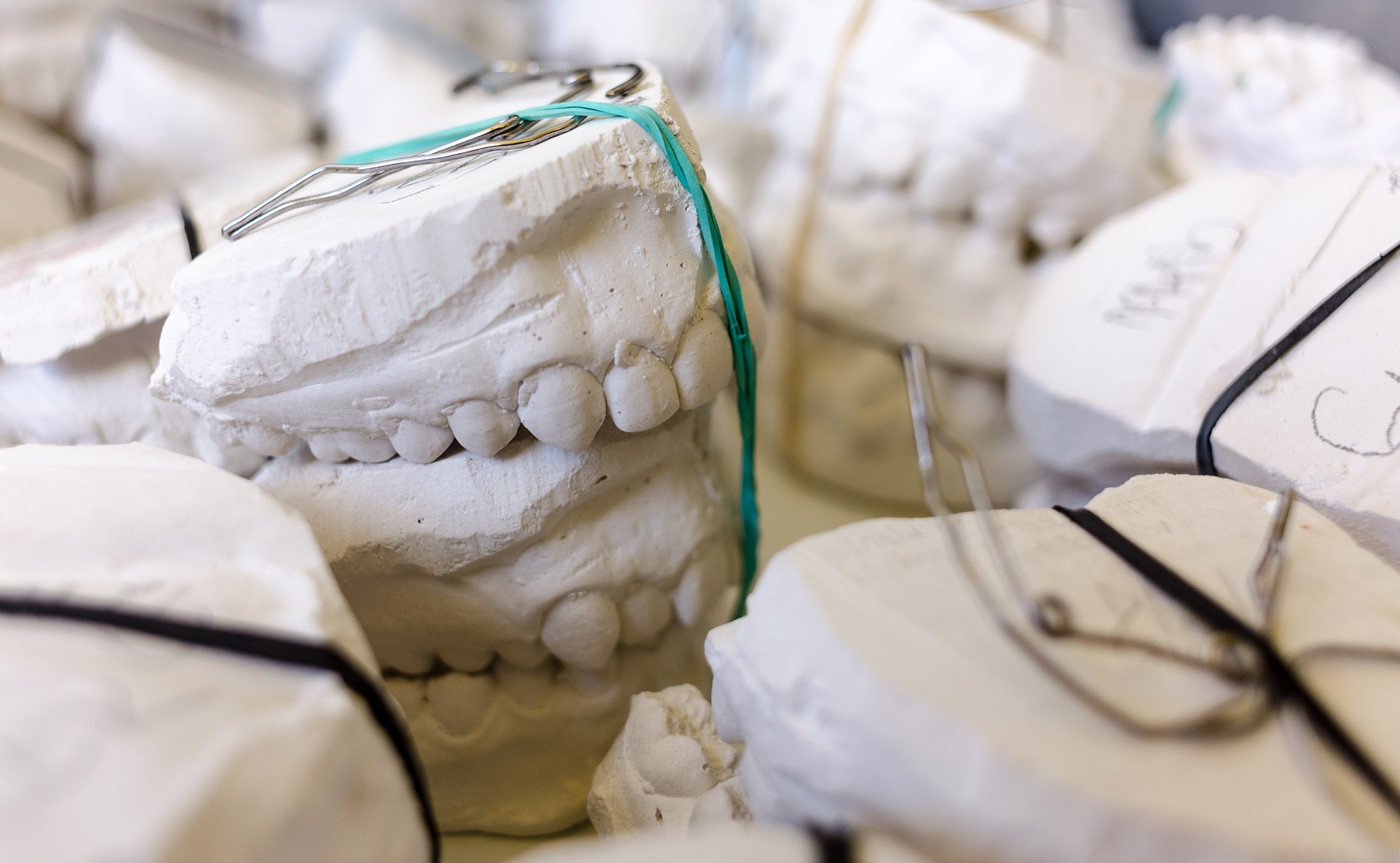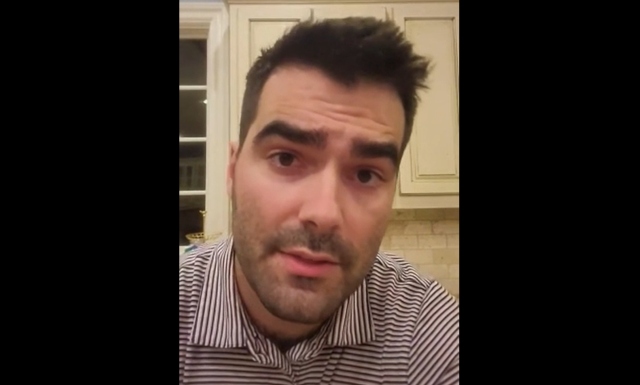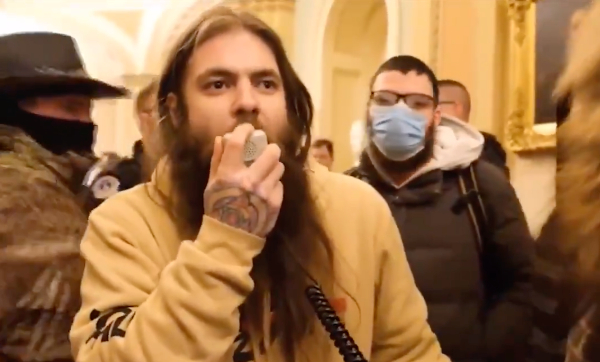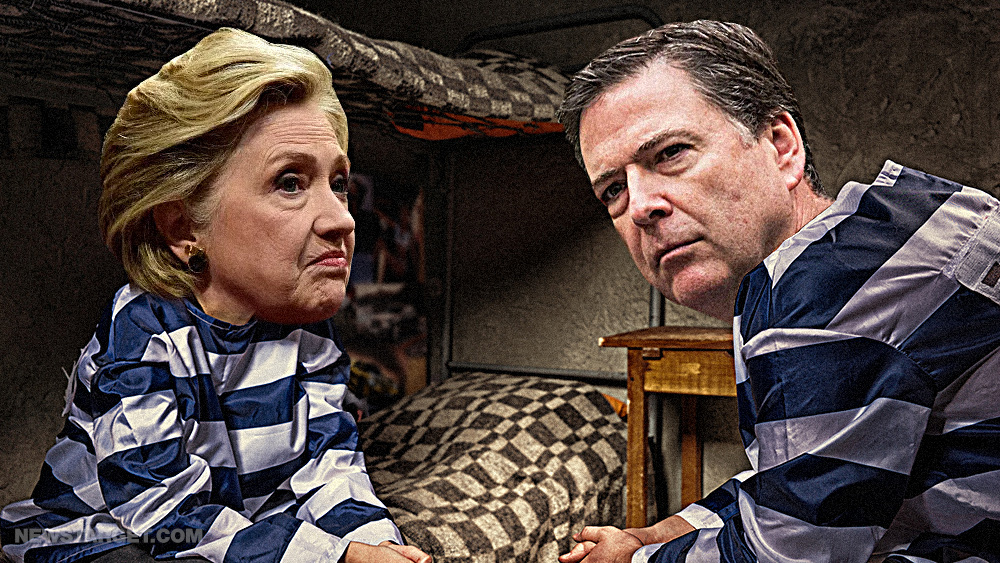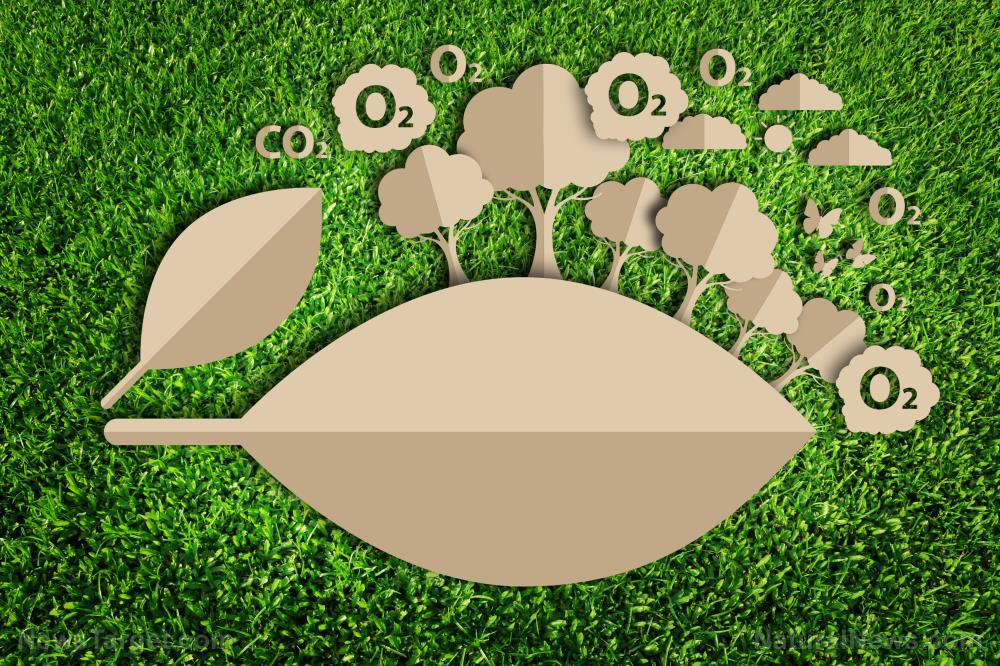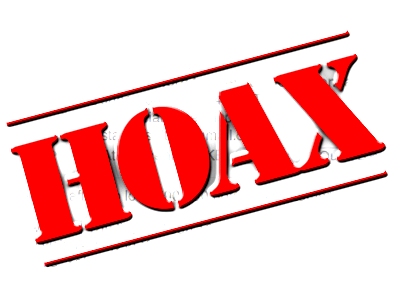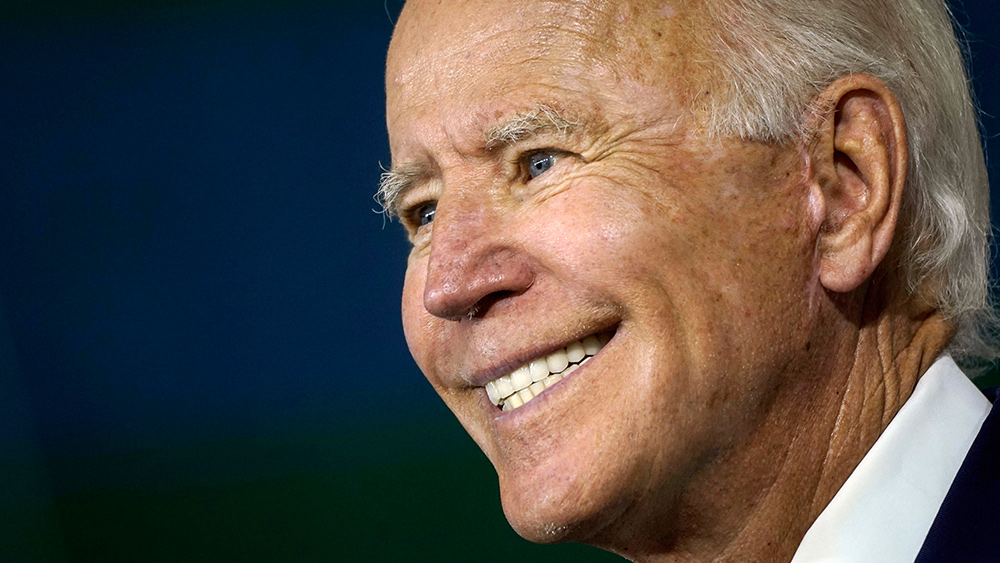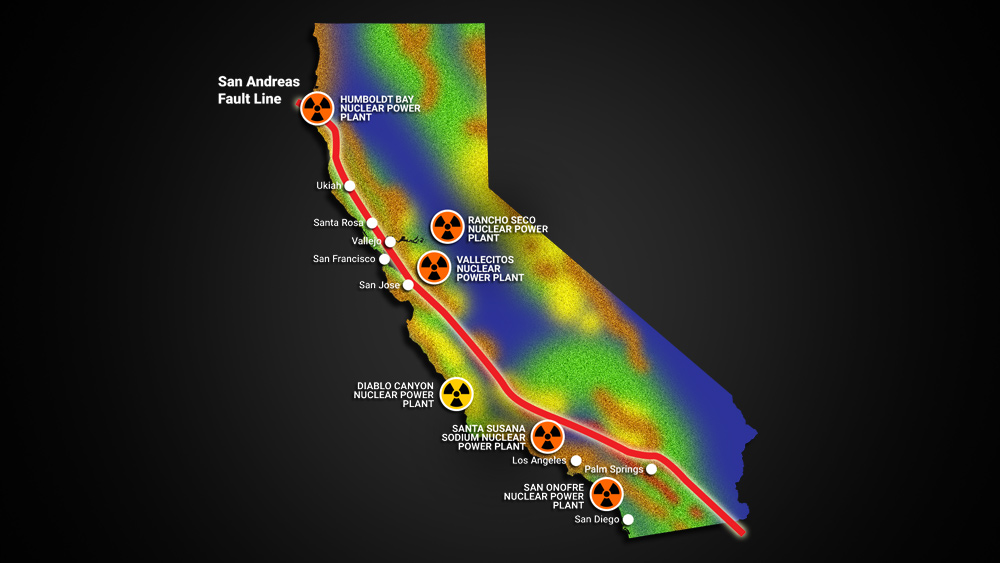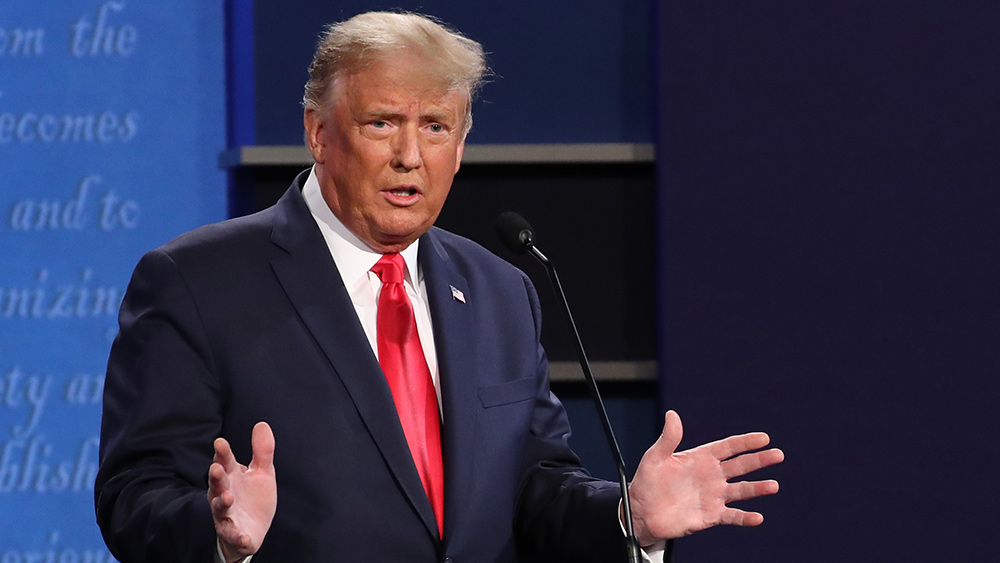If there was anything refreshing about Wednesday’s Democratic debate in Miami, it was that for once, questions on foreign affairs centered on a region other than the Middle East, China or Russia. Debate moderators asked Sen. Bernie Sanders (I-Vt.) and Hillary Clinton tough questions on child deportations, as well as their policies on Cuba and Puerto Rico. Referring to the influx of unaccompanied minors, Sanders had this to say:
(Article by Karen Attiah)
Honduras and that region of the world may be the most violent region in our hemisphere. Gang lords, vicious people torturing people, doing horrible things to families. Children fled that part of the world to try, try, try, try, maybe, to meet up with their family members in this country, taking a route that was horrific, trying to start a new life. Secretary Clinton did not support those children coming into this country. I did.
Sanders has a point — Clinton is on record saying deporting children would send a “responsible message” to families to deter them from coming into the United States. But when it comes to Honduras, Sanders as well as the moderators missed a key opportunity to bring up Clinton’s record in Central America and the Caribbean, and specifically how her State Department’s role in undemocratic regime changes has contributed to violence and political instability in Honduras and Haiti today.
In November 2008, then-Honduran President Manuel Zelaya called for for a poll on a nonbinding national referendum to draft a new constitution, drawing the ire of the military, the Supreme Court and the opposition, which alleged that Zelaya wanted to end the term limits that prevented him from running again. In June 2009, Zelaya was overthrown by the military — held at gunpoint, he was forced to fly to a U.S military base in his pajamas. The United Nations and the Organization of American States (OAS) called the ouster a military coup, but the White House and Clinton’s State Department were loath to call it such — despite the fact that a cable from the Honduran Embassy said, “The Embassy perspective is that there is no doubt that the military, Supreme Court and national congress conspired on June 28 in what constituted an illegal and unconstitutional coup.”
Instead of condemning the figures behind the uprising, suspending support to the illegitimate government of Zelaya’s successor, Roberto Micheletti, and demanding a restoration of the democratically elected Zelaya, Secretary Clinton decided to move on. In her memoir “Hard Choices,” Clinton wrote that after the coup, she went about hatching a plan with other leaders in the region “to restore order in Honduras and ensure that free and fair elections could be held quickly and legitimately, which would render the question of Zelaya moot.” The United States pushed for elections, and in November 2009, despite a boycott by opposition leaders and international observers, elections were orchestrated by the same figures behind Zelaya’s ouster.
Since the coup, violence and assassinations, as well as persecutions of journalists and social justice advocates, have skyrocketed in Honduras. Last week’s high-profile murder of the Goldman prize-winning indigenous leader and environmental activist Berta Caceres is yet another tragic example of the abhorrent human rights record in Honduras under the government that came to power via the 2009 coup. Between 2010 and 2014, 101 environmental activists have been killed in Honduras, according to Global Witness. Clinton’s camp has said that allegations about her role in the 2009 coup are “nonsense.”
If there was anything refreshing about Wednesday’s Democratic debate in Miami, it was that for once, questions on foreign affairs centered on a region other than the Middle East, China or Russia. Debate moderators asked Sen. Bernie Sanders (I-Vt.) and Hillary Clinton tough questions on child deportations, as well as their policies on Cuba and Puerto Rico. Referring to the influx of unaccompanied minors, Sanders had this to say:
Honduras and that region of the world may be the most violent region in our hemisphere. Gang lords, vicious people torturing people, doing horrible things to families. Children fled that part of the world to try, try, try, try, maybe, to meet up with their family members in this country, taking a route that was horrific, trying to start a new life. Secretary Clinton did not support those children coming into this country. I did.
Sanders has a point — Clinton is on record saying deporting children would send a “responsible message” to families to deter them from coming into the United States. But when it comes to Honduras, Sanders as well as the moderators missed a key opportunity to bring up Clinton’s record in Central America and the Caribbean, and specifically how her State Department’s role in undemocratic regime changes has contributed to violence and political instability in Honduras and Haiti today.
In November 2008, then-Honduran President Manuel Zelaya called for for a poll on a nonbinding national referendum to draft a new constitution, drawing the ire of the military, the Supreme Court and the opposition, which alleged that Zelaya wanted to end the term limits that prevented him from running again. In June 2009, Zelaya was overthrown by the military — held at gunpoint, he was forced to fly to a U.S military base in his pajamas. The United Nations and the Organization of American States (OAS) called the ouster a military coup, but the White House and Clinton’s State Department were loath to call it such — despite the fact that a cable from the Honduran Embassy said, “The Embassy perspective is that there is no doubt that the military, Supreme Court and national congress conspired on June 28 in what constituted an illegal and unconstitutional coup.”
Instead of condemning the figures behind the uprising, suspending support to the illegitimate government of Zelaya’s successor, Roberto Micheletti, and demanding a restoration of the democratically elected Zelaya, Secretary Clinton decided to move on. In her memoir “Hard Choices,” Clinton wrote that after the coup, she went about hatching a plan with other leaders in the region “to restore order in Honduras and ensure that free and fair elections could be held quickly and legitimately, which would render the question of Zelaya moot.” The United States pushed for elections, and in November 2009, despite a boycott by opposition leaders and international observers, elections were orchestrated by the same figures behind Zelaya’s ouster.
Since the coup, violence and assassinations, as well as persecutions of journalists and social justice advocates, have skyrocketed in Honduras. Last week’s high-profile murder of the Goldman prize-winning indigenous leader and environmental activist Berta Caceres is yet another tragic example of the abhorrent human rights record in Honduras under the government that came to power via the 2009 coup. Between 2010 and 2014, 101 environmental activists have been killed in Honduras, according to Global Witness. Clinton’s camp has said that allegations about her role in the 2009 coup are “nonsense.”
What about Clinton’s record in Haiti?
Naturally, Miami was a fitting setting for a debate that focused on immigration and the Latino vote. However, considering that Wednesday’s debate was held in a state that is home to nearly half of the United States’ Haitian population, the debate was a missed opportunity to ask Clinton serious questions about her actions and policies in Haiti, a country where she and her family have wielded immense power and influence over the course of the past two decades.
This time, the scene is Port-Au-Prince, Haiti, in January 2011. Though the uprisings in Egypt were in full swing, then-Secretary of State Clinton paid a personal visit to Haiti shortly after the first round of the country’s presidential election, on Nov. 28, 2010. It quickly became clear that the pop singer-turned-candidate Michel Martelly, whom The Post in 2002 characterized as “favorite of the thugs who worked on behalf of the hated Duvalier family dictatorship before its 1986 collapse,” was Washington’s pick to win. Though the voting was badly marred by irregularities (the United States had pushed for quick polls), the OAS went even further and declared — without evidence — that Martelly had qualified for the final round over the incumbent party’s candidate. Rather than rerun the preliminary round and let the Haitian people choose, Clinton reportedly pressured then-President René Préval with the loss of U.S. and international aid unless the election results were changed to fit the OAS’s recommendation.
Préval’s electoral commission backed down, and Martelly won an election with only 25 percent turnout. Fast-forward to today, and Haiti is still in the grips of political crisis. In Martelly’s four years in office, Haiti never held a election, and as terms ran out on parliament members, only 11 elected officials were left in the country. A New York Times article documented the criminal activities of his friends and aides, who had been charged with crimes ranging from kidnapping to rape, murder and drug trafficking. Martelly stepped down at the end of this term in February amid violent rallies for his removal and disputed election results, without a successor in place. The country has postponed its elections yet again, and fresh political standoffs are underway, despite the United States spending $30 million on Haiti’s elections.Jonathan Katz, former Associated Press correspondent in Haiti and author of “The Big Truck That Went By: How the World Came to Save Haiti and Left Behind a Disaster,” had this to say in an interview about Clinton’s record in Haiti:
“There’s nowhere Clinton had more influence or respect when she became Secretary of State than in Haiti, and it was clear that she planned to use that to make Haiti the proving ground for her vision of American power. By now I’d imagine she was expecting to constantly be pointing to Haiti on the campaign trail as one of the great successes of her diplomatic career. Instead it’s one of her biggest disappointments by nearly any measure, with the wreckage of the Martelly administration she played a larger role than anyone in installing being the biggest and latest example.”
Manolia Charlotin, a Haitian journalist based in New York, said Clinton’s actions should draw questions as to how Clinton would act should she become president: “What does that mean as to her approach to foreign policy? To have a secretary of state visit a country, to make a stop, and as a result of that meeting, you have an illegal selection of leaders? How does that decision promote the American views of democracy?”
In both Honduras and Haiti, Clinton chose to shy away from letting each country’s voters choose their leaders when the going got tough. American voters, the people of Honduras, the people of Haiti and anyone who cares about democracy and human rights should know whether Clinton as president would be a promoter of such values.
Submit a correction >>

